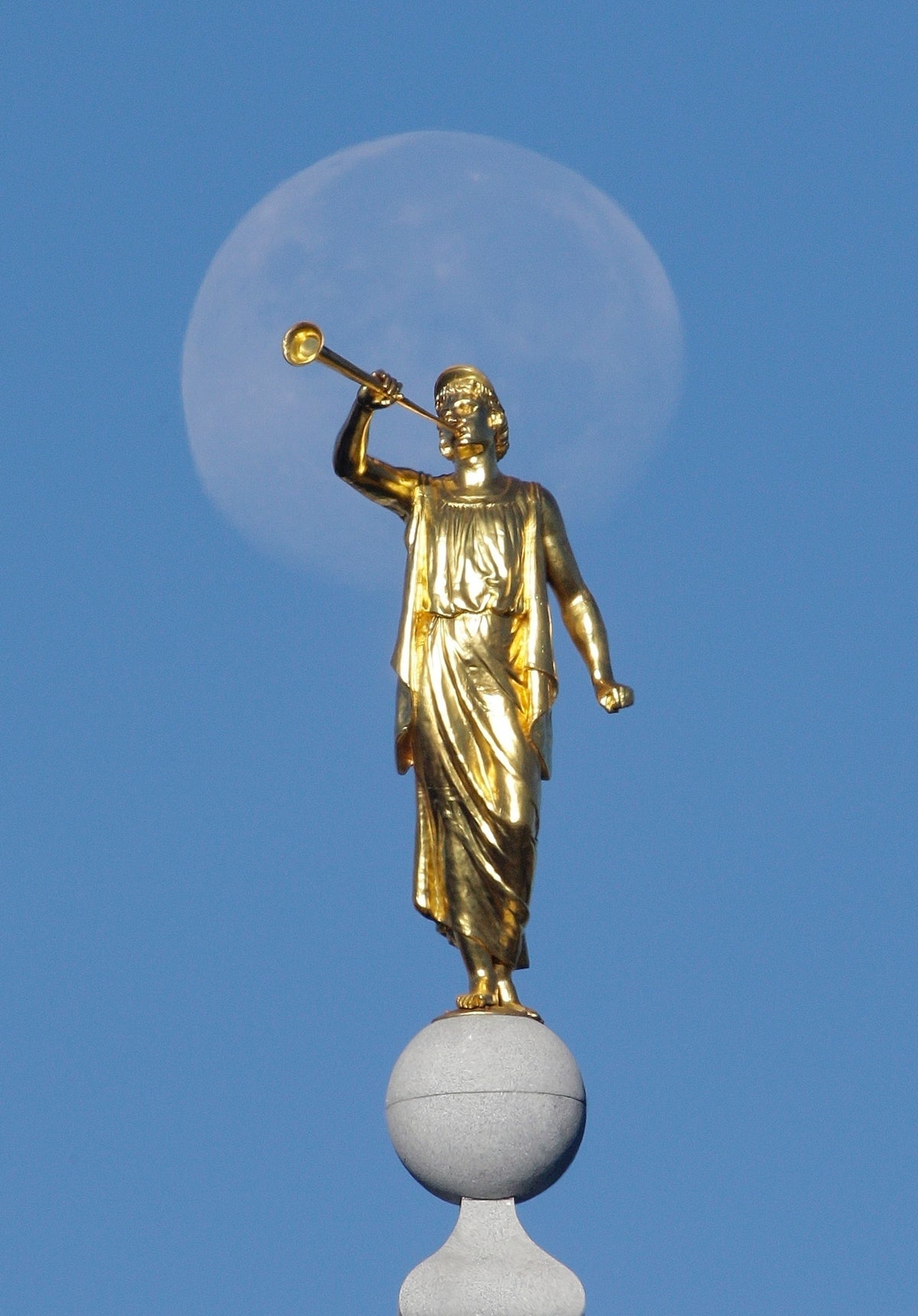
A former Utah city mayor and one-time bishop of The Church of Jesus Christ of Latter-day Saints will likely spend the rest of his life in prison after being sentenced Thursday for child sexual abuse at a hearing in which his victims wept while detailing the torment they endured.
Four women, now adults, cried as they detailed how painful it was to watch Carl Matthew Johnson, now 78, live a joyful life while they kept abuse that happened when they were little girls secret for decades. He was arrested last year on charges of abuse dating to the 1980s and 1990s, some of it while he was mayor of West Bountiful, a city just outside of Salt Lake City he led from 1990 until 1997.
“You don’t deserve the freedom you’ve enjoyed all your life and to continue living like nothing happened,” said Jessie Gold Price.
Gold Price, who gave AP permission to identify her, said it was excruciating and confusing to watch everyone in Johnson’s life praise him as a great father and person as she dealt with the aftermath of the abuse. She said Johnson wrote her a letter in 2015 confessing to the abuse.
She said she has dealt with panic attacks, major anxiety and depression and called the abuse a scar that will never go away. At one point as she spoke by video at the virtual hearing and asked to speak directly to Johnson.
“How could someone who was a Latter-day Saint bishop do this?” How could a mayor do this?” Gold Price says she constantly asks herself.
Authorities have not disclosed any abuse allegations from when he was a bishop in the 1970s.
Johnson pleaded guilty in January to four counts of sexual abuse of a child in a plea deal that resulted in several other charges being dismissed. The judge gave him the maximum sentence of nine years to life for three first degree felonies and one to 15 years for a second degree felony count, all to run consecutively.
Gold Price and three other victims testified at the hearing that they have struggled with feelings of self-worth, making meaningful relationships and having suicidal thoughts because of the abuse.
The Associated Press doesn’t identify victims of sexual abuse unless they give permission for their names to be used.
One victim said she didn't remember the abuse that occurred when she was toddler until her mother told her in 2001 — when she was 22 — what had happened. Her mother then told her to keep it a secret to protect Johnson, she testified.
“This was a secret that weighed heavy on me and should never have been my burden to bear," she said during the remote hearing. “I could never seek out therapy or counseling because if I did the secret would be out.”
She said the abuse of her and two others remained a secret until 2012 when Johnson abused another girl. That lead to more people knowing, she said, but still didn't lead to Johnson being caught.
“I never understood the magnitude of his crime because everyone around me acted like it wasn't a big deal and that it was me who was in the wrong for not moving on and forgiving him,” she said.
Authorities have not said if there were any previous reports of the abuse prior to the investigation that led to the 2022 arrest and charges.
Johnson was a church bishop from 1974 to 1979. Bishops are lay clergy who oversee local congregations for a few years at a time in a rotating role reserved only for men in the faith known widely as the Mormon church.
Prosecutor Adam Blanch called Johnson a “wolf in sheep's clothing” who manipulated and tricked his church, community, family and friends so he could be protected and could live “in bliss.”
“He had the benefit of living for 30 years while his victims have been tormented,” said Blanch. “He could go to parties and smile and be a pillar of the community while these children were suffering.”
Johnson, who appeared at the virtual hearing from jail, apologized for his actions and accepted responsibility for his “lies, deception and hypocrisy.”
“I am so, so sorry and deeply regretful for my serious, heinous and egregious acts. I violated your personal, sacred innocence and took advantage of your trust in me,” Johnson said. “I have deep remorse for what I have done and acknowledge the hurt, the stress, suffering and trauma I have caused.”
Several friends and fellow church members testified on behalf of Johnson, asking the judge to take into account a life of service to others as a good church member.
Judge David J. Williams said any good deeds did not make up for the crimes Johnsons committed. He lamented how long the abuse was kept in the dark.
“Johnson was able to move on, or to attempt to move on, with his life, portraying himself as a pillar of the community while his victims suffered in the shadows,” Williams said.







